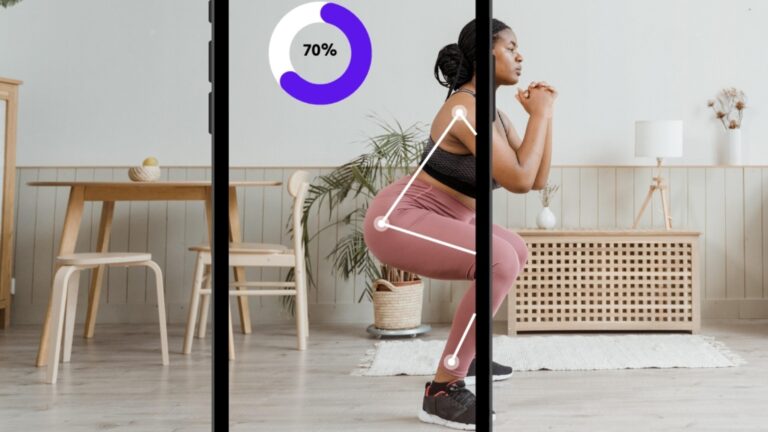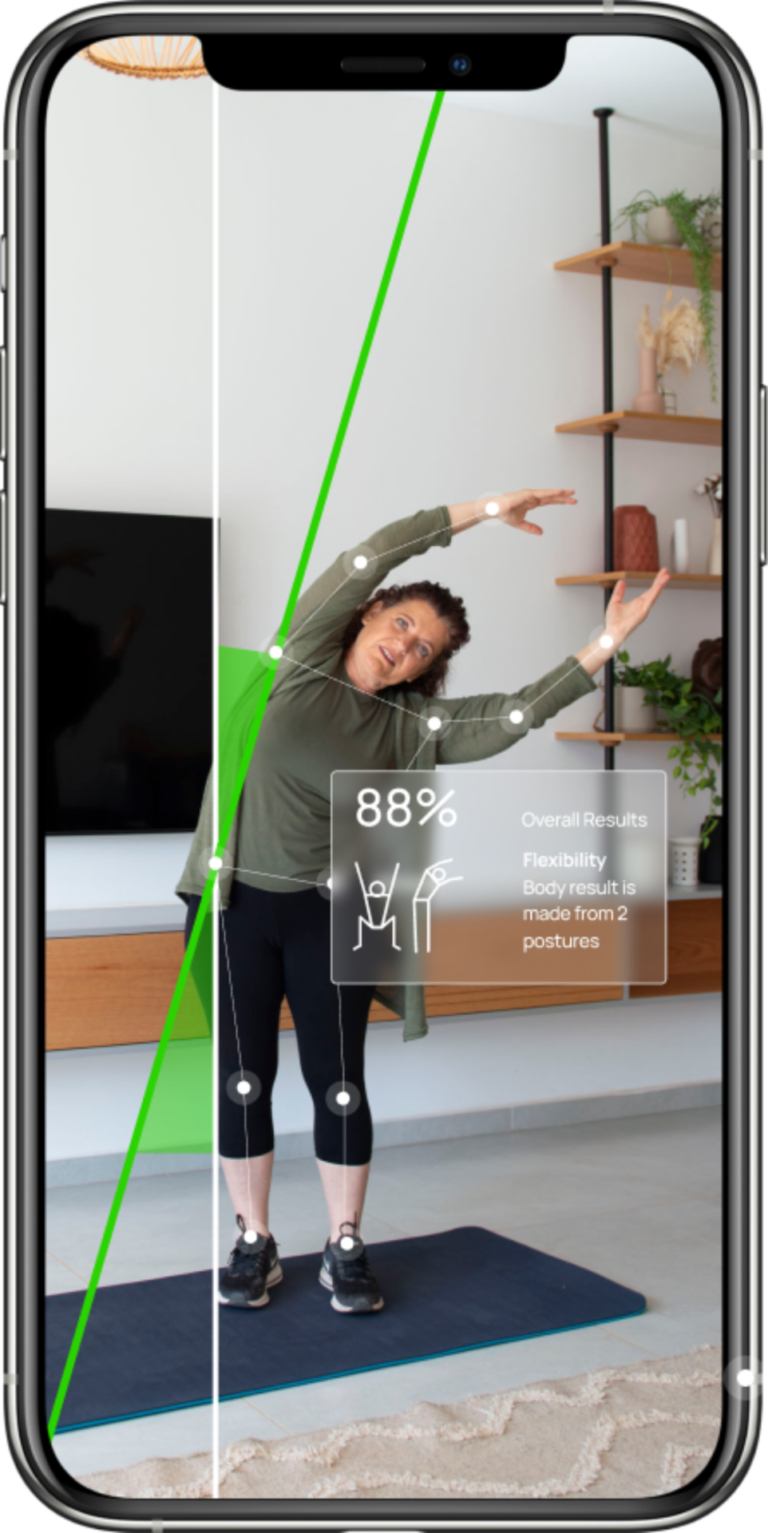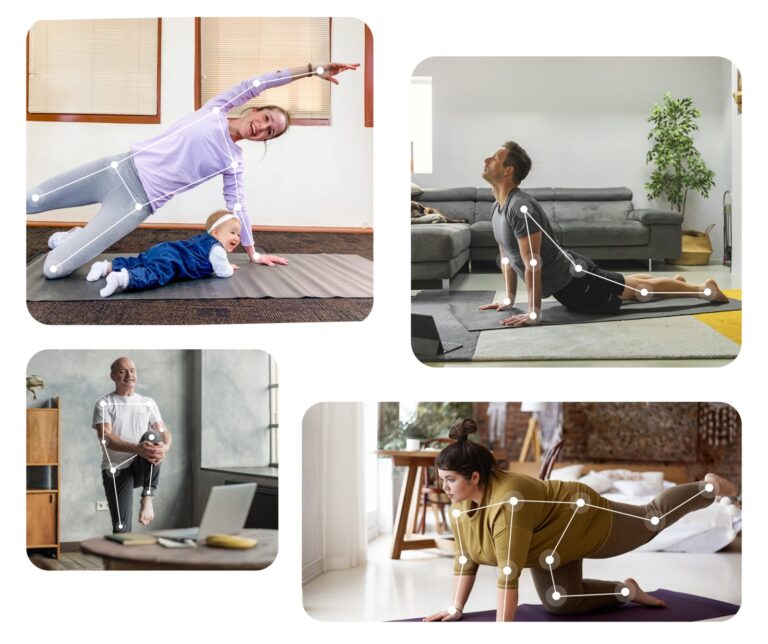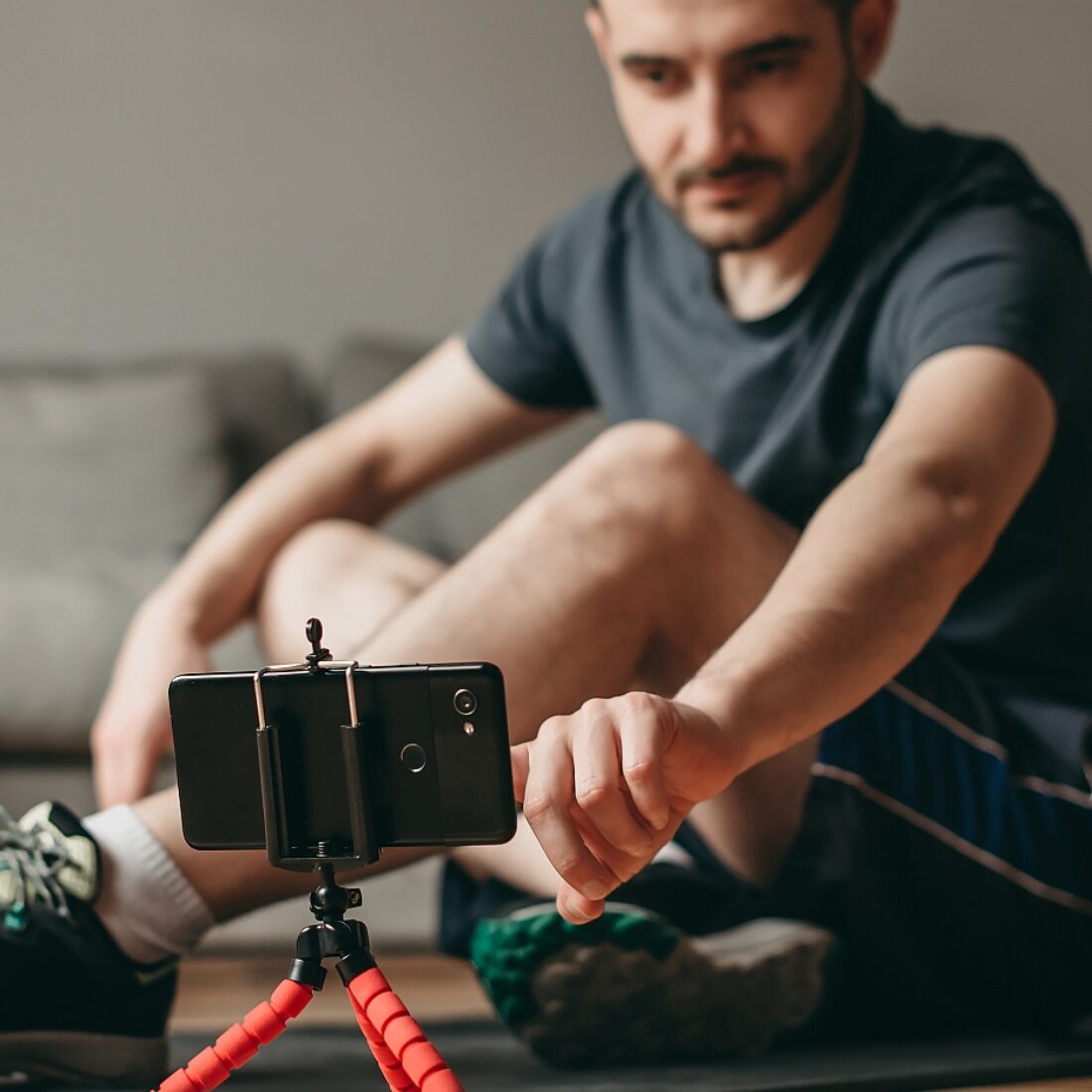Get moving!
That’s what health experts tell those of us who sit (or even stand) at a desk every workday, like I do.
Fine, you may say. But unless I hire a personal trainer, how can I know what movement routine is best for my specific body? How do I get expert feedback? How do I fit this into my schedule?
These are the questions Sency seeks to answer with its “Movement-OS” (operating system) approach to fitness and physical rehabilitation.
Half a million people in 188 countries are using Sency’s apps, and the Israeli company recently become the official mobility partner for the USA weightlifting team.
Using computer vision, Sency guides new users through a brief assessment and creates a short, customized daily exercise routine to do whenever it’s convenient, without any equipment other than your mobile device.
A better life

Sency cofounders Gal Rotman, Neta Osman and Ofer Goldstein, all 34-year-old former officers of the IDF’s Maglan special forces unit, have no intention of replacing trainers or physical therapists.
“We are partnering with athletes, trainers, PTs and doctors, taking their insights into our platform to build a tool that enhances their capabilities,” Rotman explains.
The cofounders brought to their venture expertise in physics, electrical engineering and computer science, as well as on-the-job experience at Apple, Elbit and Orbotech.
“When we sat down to build our own venture, we decided to combine our passion for physical fitness and helping people lead a better life with technologies such as computer vison and AI,” says Rotman.

“We built the most advanced technology to understand human movement. Our unique Movement-OS can integrate different use cases in different markets. For example, fitness or digital health for rehab or prevention.”
This robust operating system runs on the “edge” of the mobile device rather than in the cloud, meaning it processes the data next to the user who’s generating it for greater action-led results in real time.
“We can start any interaction with the first assessment,” Rotman tells ISRAEL21c.
“If someone has back pain, for instance, we provide personalized protocols to overcome the back pain. The exercises are provided along with real-time feedback to help you with the right posture to prevent injuries and provide motivation. And then the data helps tailor your next visit.”
Athletes and average Joes
Sency started out in 2020 with an app designed for serious fitness buffs. The following year, Sency merged with WODProof, the Israeli developer of a CrossFit workout recording app, and added its Movement-OS capabilities to the product.
WODProof is now used monthly by about 100,000 athletes looking for full training programs, personalized mobility exercises, a tracker, a recorder and AI coaching.
“We took WODProof’s founder, Adam Grinker, into our team,” says Rotman. “Adam also served five years in a special forces unit like we did, so it was a perfect match.”
Sency’s newer Sency Health app is aimed at the “average Joe,” says Rotman, “people who aren’t used to working out and may have problems with their backs, knees or hips, or just want to move five to 10 minutes a day in an easy routine that doesn’t require accessories.”
In addition to its own branded apps, Sency works with partners, such as healthcare providers, wishing to build their own products on top of Sency’s Movement-OS.
Based in Ramat Gan with 18 employees, Sency has raised a total of $6.4 million from investors, half from Israeli and half from North America.
Let’s try it
I downloaded Sency Health and found the interface easy to use.
The app asked how often I exercise and whether I have any physical limitations. Then it prompted me to enter my gender, height and weight, and instructed me how to place my phone so the camera could follow my movements.

For the next 90 seconds, the voiceover guided me through simple exercises to help its algorithm assess my power, flexibility and control in the upper, core and lower parts of my body.
Within seconds of completing the assessment, the app displayed my results and prompted me to begin a series of exercises with visual and audio guidance.
Constant feedback – straighten your legs more, well done! — is offered with input from experts in different fields.
Some of the exercises were more challenging than others, but none lasted more than 30 seconds and you get a few seconds to rest and stretch in between.
The app has a free seven-day trial period. Unless I cancel, I’ll be charged 31.90 shekels (about $9.35) per month.
For more information, click here.

















